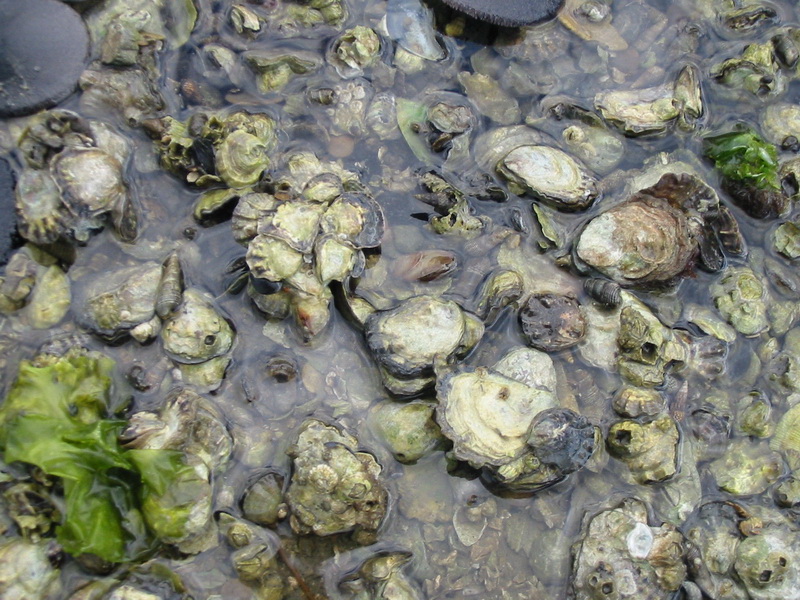DISCOVERY BAY — Discovery Bay area beaches have been closed to recreational shellfish harvesting due elevated levels of marine biotoxins that cause paralytic shellfish poisoning.
Recent shellfish samples from the area showed an increase in biotoxins, prompting the state Department of Health closure, according to a Jefferson County Water Quality Program news release Monday.
Shellfish harvested commercially are tested for toxins prior to distribution and should be safe to eat.
Another closure ends
Meanwhile, marine biotoxins in Dabob Bay have declined and the closure there from earlier in the season has been lifted.
However, there is still a vibrio bacteria warning in place, and all shellfish harvested from the Dabob Bay area should be cooked prior to consumption.
In Clallam County, all beaches on the Strait of Juan de Fuca remain open to shellfish harvesting of all species, with the exception of Sequim Bay, which is closed to the harvest of butter clams and varnish clams.
All Pacific coast beaches are closed for the season.
Elsewhere in Jefferson
Previously announced closures to all species in Jefferson County — including Quilcene Bay and the area south of Dabob Bay to the Mason County line — remain in effect because of biotoxin levels.
Port Ludlow and Mats Mats Bay beaches remain closed to all species.
This closure zone extends east around Tala Point but does not include the Tala Shore beach.
Also in Jefferson, Kilisut Harbor, including Mystery Bay, remain closed to butter and varnish clam harvesting.
Danger signs are being posted at high-use beaches in closed areas, warning people not to consume shellfish from these areas.
The closure includes clams, oysters, mussels, scallops and other species of molluscan shellfish.
This closure does not apply to shrimp.
Crab meat is not known to contain biotoxins, but the guts can contain unsafe levels.
Crabs should be cleaned thoroughly and the guts, or “butter,” discarded.
Marine biotoxins are not destroyed by cooking or freezing.
Signs of poisoning
Symptoms of paralytic shellfish poisoning can appear within minutes or hours and usually begin with tingling lips and tongue, moving to the hands and feet, followed by difficulty breathing and potentially death.
Anyone experiencing these symptoms should contact a health care provider immediately. For extreme reactions phone 9-1-1.
In most cases, the algae that contain the toxins cannot be seen, and must be detected using laboratory testing.
Recreational shellfish harvesters should check the Department of Health shellfish safety map at doh.wa.gov/ShellfishSafety.htm or phone the Department of Health Biotoxin Hotline at 1-800-562-5632 before harvesting.
Recreational harvesters should also check Fish and Wildlife regulations and seasons at wdfw.wa.gov/fishing/shellfish or phone the Shellfish Rule Change Hotline 1-866-880-5431.

